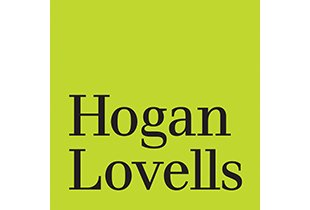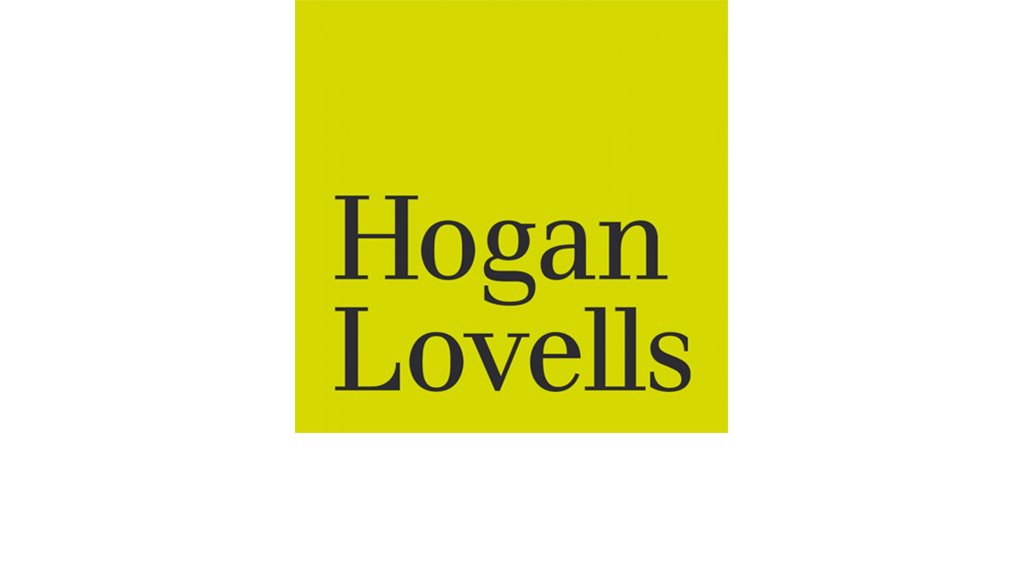Pharmacogenetics is the study of how genes affect a person's reaction to medicines. The combination of pharmacology (the science of drugs) and genomics (the study of genes and their functions) leads to the development of medications that will be effective and safe, as they will be tailored to a person's genetic make-up.
A small blood or saliva sample can help determine:
- Whether the medication can be effective treatment for you;
- What dosage is best for you; and
- Whether you could have serious side effects from a medication.
However, there are limitations to this type of testing, one test cannot determine how you will respond to all medications. You need to take multiple tests if you take more than one medication. The test is also not available for all medications.
Pharmacogenetics can save the life of an individual as it can predict, prior to medication being administered, the adverse effects the medication may have on the individual. This could therefore save their life. This type of testing takes away speculation whether medication will help an individual and, instead, it provides certainty to health professionals on what medication will be effective.
As an example, pharmacogenetics can help doctors to provide patients with the right dose of Warfarin. Warfarin prevents blood clots from forming. If a doctor prescribes a dose that is too low, it will have no effect and conversely if it’s too high the patient is at risk of bleeding.
In the United States not all insurance providers cover this type of testing and federal law, called the Genetic Information Non-discrimination Act, makes it illegal for health insurance companies to discriminate policyholders based on genetic information. The law, however, does not protect against genetic discrimination by life insurers, but some states also have laws that disallow genetic discrimination.
Pharmacogenetics information could be relevant to medical aids and life insurers in assessing claims or setting premiums. These types of tests, however, do raise ethical issues on the use of genetic information.
There is fear that as soon as an insurer knows anything about a person's genetic make-up, it may not provide insurance cover or make premiums unaffordable. This may result in potential policyholders not making disclosures out of fear of not obtaining insurance cover.
However, pharmacogenetics could also have a positive influence on underwriting and the setting of premiums. For example, if the insurer knows that despite an individual being at risk for developing a specific disease, such an individual will have a favourable response to particular medication, this may reduce premium associated with that particular disease.
In certain respects, pharmacogenetics is less controversial as it does not predict disease, but it can predict a person's non-response to available medication. In this instance, the person may not want an insurer to know that in the event they could get a disease they are not likely to respond to available medication.
However, if one looks at how insurance regulation is evolving, in terms of treating customers fairly, those principles will sufficiently guard against the unethical and unfair use of pharmacogenetic information by an insurer.
Written by Christine Rodrigues, Partner, Hogan Lovells (South Africa) Inc






